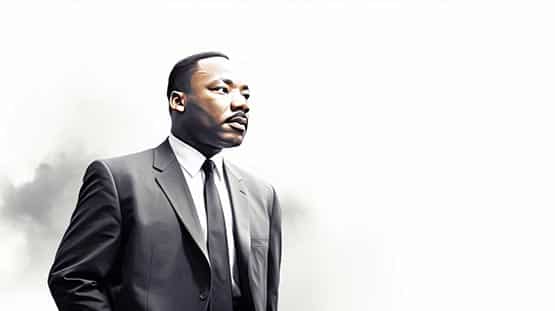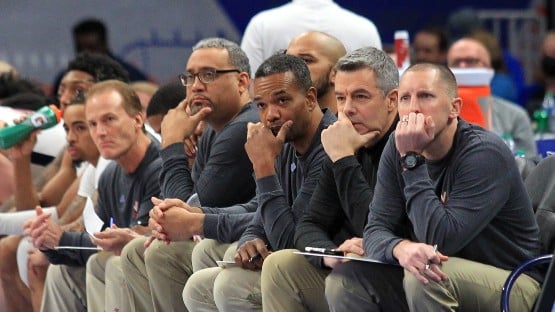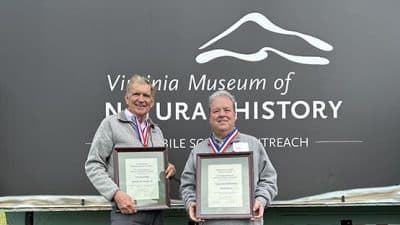
Last week, America celebrated the life and work of the Rev. Dr. Martin Luther King Jr., who would have been 95 years old on January 15.
On Sunday, the Waynesboro branch of the NAACP celebrated King at St. James Baptist Church with music and a guest speaker, Rev. Chuck Corley of Piedmont Baptist Church in Yancey Mills, Virginia. Last Monday, branch and community members marched in the cold temperatures in downtown to honor King’s memory.
For as long as I can remember, I have celebrated King and what his work and sacrifice made possible for my generation: opportunity to be friends with whomever I want. I cannot imagine a country where I would not be permitted to sit next to a Black friend in a movie theater or a restaurant. Thanks to King, I did not have to grow up in that world.
I did grow up in rural Virginia and, in the mid-1990s, witnessed racial fights at my high school on a regular basis. I felt fear, and frustration because some students just could not get it. I knew they were only living what they had been raised to believe.
As a journalist, I was thrilled in summer 2013 to have the opportunity to interview community members where I lived in southern Maryland who had marched on Washington with King in August 1963. Hearing their stories made me feel as if I could have been there, if I had been born several years earlier.
Writing this now, I wonder, if not for King, as a journalist would I be permitted to interview Black members of my community? How would such limitations have affected my profession?
At the Waynesboro celebration, Staunton’s Barbara Lee shared that she marched with King in 1963, and marched again in 2013. She said she has continued the fight since 1963. Because, yes, the fight for equality is not just about race, but about everyone having equal rights and opportunities.
Today we fight for women’s rights, including equal pay and reproductive freedom. We fight for LGBTQ+ rights, including in our public school systems where many states want young people to either hide who they are or make their truth known to their parents whether they are ready for that or not. We fight for workers’ rights, as we saw Hollywood’s writers, then United Auto Workers and then pharmacists strike for better pay and benefits in 2023.
I may not be out there on the frontlines with you fighting. As a journalist, my oath is to stay on the sidelines, document what happens and use words to create movement. But I am fighting with you in the way that I know how.
America’s history is deep and full: the American Revolution, the Declaration of Independence, the Wild West, the Industrial Age, technology, Civil Rights.
King created a page of his own in American history, a page for us to continue writing.
Anyway, I guess what I really wanted to say here is: Thank you, Dr. King. Thank you. And we will continue the fight in your honor. Your sacrifice was not in vain. Rest in peace.










